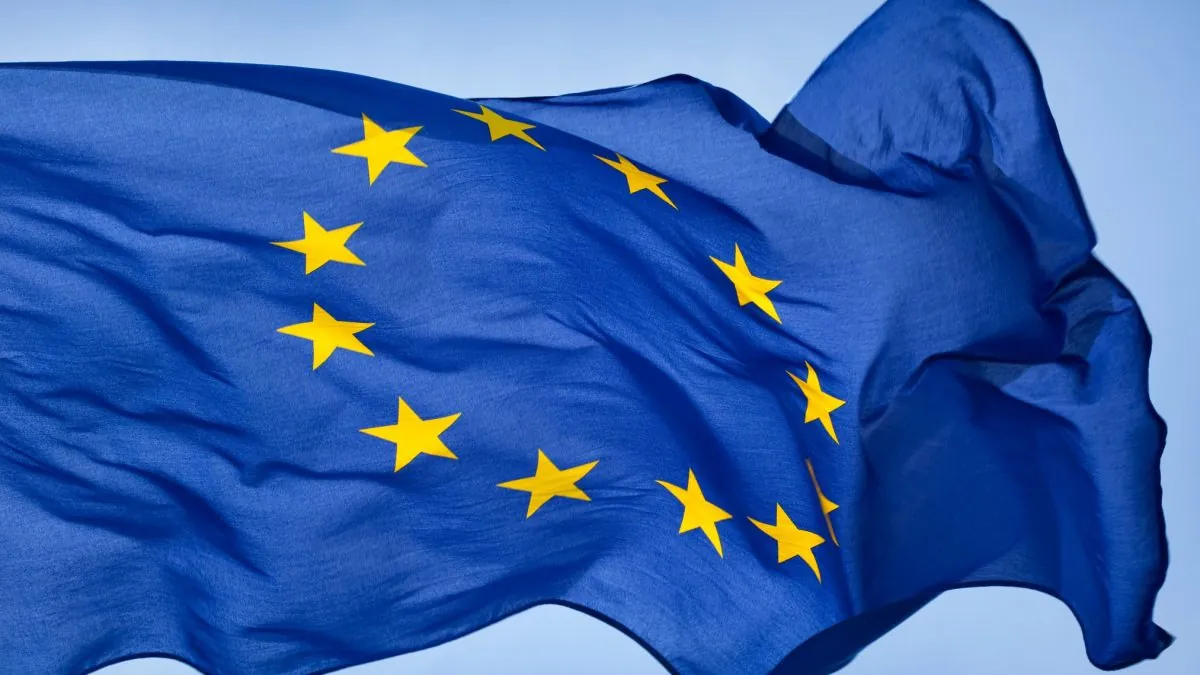By Christian Appolos
Copyright tribuneonlineng

The European Union (EU) and its partners have pledged renewed and sustained support to Nigeria in implementing its third Nationally Determined Contribution (NDC 3.0) under the Paris Agreement, as the country takes bold steps to strengthen its climate ambition and institutional capacity ahead of COP30 in Brazil.
Speaking during the EU–Nigeria NDC roundtable held in Abuja on Tuesday as part of activities marking the EU Green Diplomacy Week (October 6–10), officials from both sides reaffirmed their shared commitment to advancing climate action through transparency, accountability, and robust collaboration.
The EU and its Member States welcomed Nigeria’s official submission of the updated and more ambitious NDC 3.0, describing it as a significant milestone that positions the country as the first in West Africa to submit a new climate pledge aligned with long-term development priorities.
Head of the Green and Digital Economy Section at the EU Delegation to Nigeria and ECOWAS, Inga Stefanowicz, said the dialogue demonstrated the EU’s commitment to supporting Nigeria’s climate transition and the shared goal of achieving sustainable growth.
“The Green Diplomacy Week is something we celebrate every year, bringing together our partners to discuss climate change, the environment, and our shared objectives,” she said. “This year is particularly important, as it marks ten years since the adoption of the Paris Agreement. For us at the European Union, it is an opportunity to reflect on collective progress while recognising that much more still needs to be done.”
She noted that while the EU has made impressive progress in reducing its emissions, global cooperation remains essential to achieving climate targets.
“Within the EU, we have reduced emissions by nearly 40% since 1990 and are on track to achieve our 2030 target of a 55% reduction. But this is not something we can achieve alone. As we push forward within the EU, we are also working closely with our international partners. We are here to support, to collaborate, and to share experiences that strengthen trust and accountability in the global process.”
Stefanowicz emphasised the importance of a strong Monitoring, Reporting and Verification (MRV) system as the foundation for credible and effective climate policy.
“The MRV system is a cornerstone of the internationally adopted climate framework. It ensures transparency, enhances credibility, and builds the trust needed for effective climate policy. A strong MRV system is indispensable for both public and private climate finance, supports evidence-based policymaking, and lays the foundation for successful carbon markets. This is something Nigeria is now taking forward, and the EU is proud to support that journey.”
Representing the Minister of Environment, Mrs Halima Bawa-Bwari reaffirmed Nigeria’s determination to move from ambition to measurable action. “Ambition alone is not enough. We must demonstrate progress with clarity and confidence. For Nigeria, a robust MRV system ensures accountability by tracking emissions, converting targets into measurable outcomes, and unlocking climate finance by assuring partners of real impact. It also enables data-driven policies that deliver smarter interventions and maximise socio-economic benefits.”
She acknowledged the progress already made by the National Council on Climate Change (NCCC) and relevant ministries but noted that key institutional challenges remain. “We have a unique opportunity to co-create a world-class MRV architecture that reflects Nigeria’s realities while meeting global standards. We recognise the progress already made by the National Council on Climate Change and other ministries and agencies. But we also acknowledge the remaining gaps, such as fragmented data, weak coordination, and limited capacity. Overcoming these requires a holistic approach and the continued support of partners such as the European Union.”
In his remarks, Omotenioye Majekodunmi, Director-General of the NCCC, stressed that technology, data, and innovation must be matched with inclusivity and cooperation to deliver results. “We are here to make progress in implementing the Paris Agreement and our NDC commitments. To do this, we need MRV systems that effectively track progress across Nigeria’s diverse governance and economic structures. Cooperation at all levels—national, subnational, and international—is essential. Strengthening capacities, building skills, and ensuring sustained support are all critical to meeting evolving global climate reporting requirements.”
The EU–Nigeria exchange served as a vital platform for dialogue among government institutions, civil society, and the private sector on how best to operationalise NDC 3.0. Discussions focused on aligning Nigeria’s climate goals with the Paris Agreement, the National Development Plan, and the country’s long-term net-zero vision, while strengthening institutional frameworks that support implementation.
ALSO READ TOP STORIES FROM NIGERIAN TRIBUNE